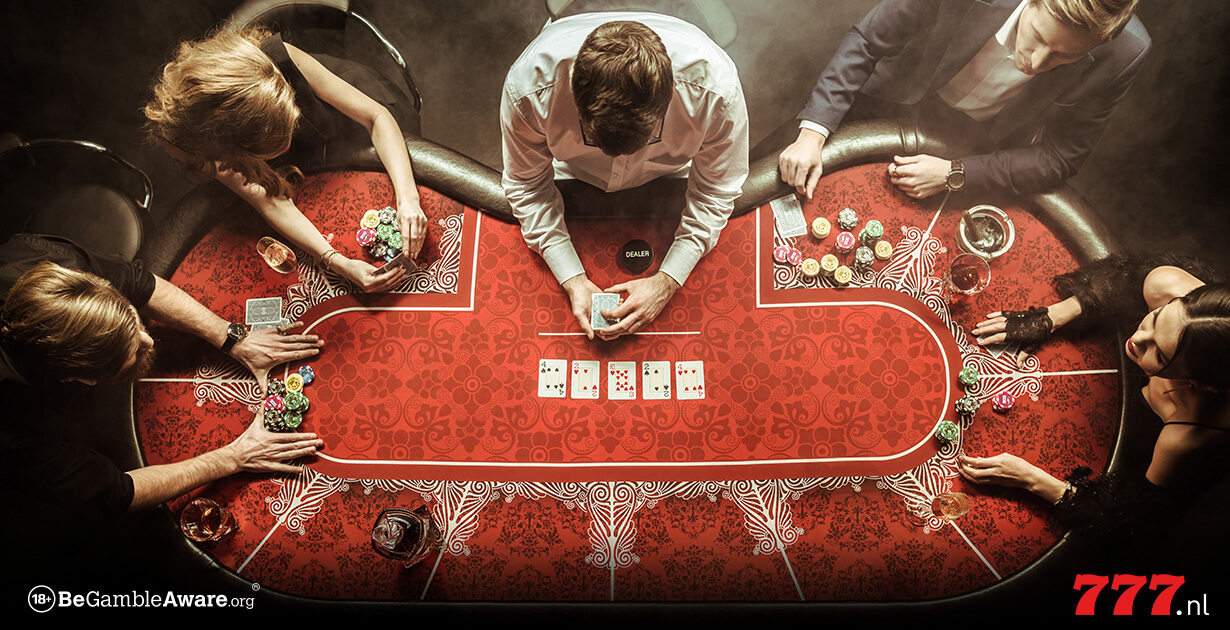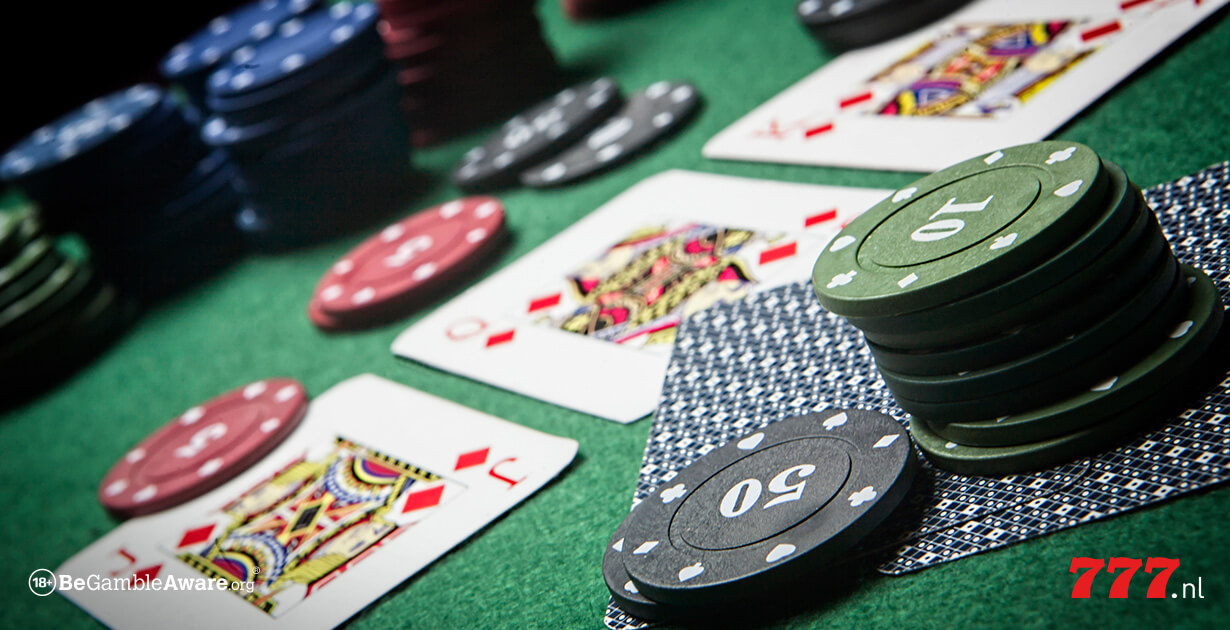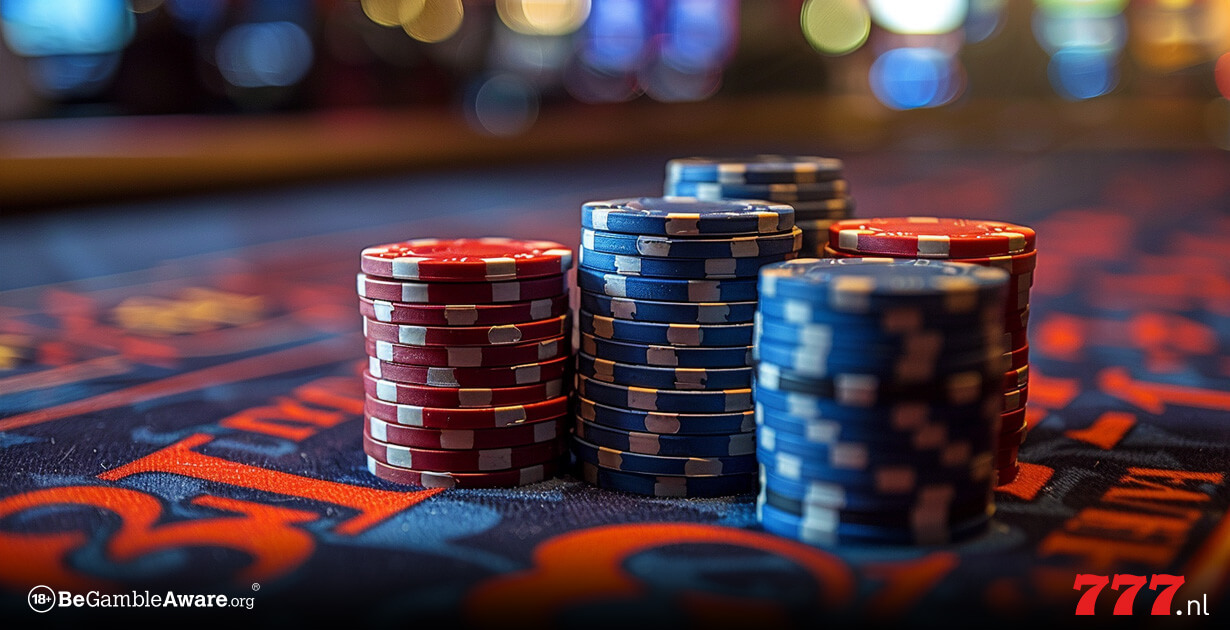In the world of poker, the term ‘Bad Beat’ is well-known. It describes a situation where a player with a strong hand unexpectedly loses to an opponent with a weaker hand, often due to an unexpected turn in the last cards dealt. These moments can be very frustrating, especially if you have technically made the right decisions throughout the game.
Preventing Bad Beats
While it is impossible to completely avoid bad beats, as poker includes an element of luck, they occur more frequently than you might think. Every player will experience such a defeat sooner or later, whether they are new to the game or experienced professionals. It is part of the game that challenges players to remain emotionally stable and rational under pressure.
When is it Really a Bad Beat?
The definition of a bad beat can vary among poker players. A classic example of a bad beat is when a player with an almost unbeatable hand such as a full house loses to an even stronger hand like a straight flush. However, less dramatic scenarios can also be considered bad beats, depending on the player’s perspective.
Examples of Extreme Bad Beats
Extreme bad beats are often the most memorable and painful losses. Imagine having four kings and your opponent wins with a straight flush on the river – this is not only unlikely but incredibly unlucky. Such moments can even unsettle the most controlled players.
A Legendary Bad Beat at the World Series of Poker Tournament
One of the most remarkable bad beats in poker history took place during the World Series of Poker (WSOP) Main Event of 2008. Player Justin Phillips faced Motoyuki Mabuchi in a hand that would astonish the poker world. Mabuchi, with an ace-four of hearts, had four aces on the river, a hand that seemed almost unbeatable. Phillips, on the other hand, held a king-ten of hearts, which gave him a royal flush on the river, the only hand that could beat Mabuchi’s four aces. The chances of such a scenario are astronomically low, making this one of the most incredible moments in the history of the WSOP. This example illustrates how unpredictable poker can be and how a seemingly unbeatable hand can be nullified in a split second.
Consolation Prizes for Bad Beats
In some online poker rooms and casinos, there are so-called “bad beat jackpots.” These prizes are awarded to players who lose a strong hand to an even stronger one. Such jackpots can offer significant financial consolation and sometimes reach amounts in the hundreds of thousands of euros, depending on the house rules.
There are impressive examples of extreme bad beat jackpots in both online and live poker. One of the most notable occurred in 2011, when an online poker player suffered a bad beat with four aces against a royal flush. This hand triggered a bad beat jackpot of a staggering €1.25 million, with €443,000 going to the loser of the hand. This is known as one of the largest bad beat jackpots ever. Significant jackpots have also been awarded in live casinos. For example, in 2017, a casino in the United States awarded a bad beat jackpot of over $1 million, providing a substantial consolation prize to the player with the losing hand. Such jackpots illustrate how dramatic and financially rewarding poker can be, even for the losers of seemingly unbeatable hands.
The Opposite of a Bad Beat
The opposite of a bad beat is often referred to as a “lucky win” or a “suck-out,” where a player wins with a hand that statistically had much less chance of winning. This is particularly common in situations where a player bluffs or takes a risk and wins against all odds.
How to Handle Bad Beats
Handling bad beats is a crucial skill for every poker player. One of the key aspects here is emotional control; it is essential to stay calm and not get carried away by frustration or anger. Additionally, it is important to analyze your play and determine whether you really made the right decisions. A bad beat can sometimes be a valuable lesson and show that there is still room for improvement. Also, do not forget to look at the bigger picture: poker is a game of long-term strategies, and bad luck in the short term is just part of it. By applying these principles, you can more effectively handle the inevitable ups and downs that come with poker.
Conclusion
A bad beat in poker can feel like an unfair blow, but it’s important to remember that it is just part of the game. By handling these difficult moments with grace and learning from each experience, you can develop into a stronger and more resilient poker player. Remember: for every bad beat you endure, theoretically, you should have won the hand multiple times. It’s all about perspective and perseverance in the long term.
Frequently Asked Questions about Bad Beats
What is a bad beat in poker?
A bad beat in poker is when a player with a strong hand loses to a player with a statistically weaker hand, often due to an unexpected turn in the last cards.
How often do bad beats occur?
Bad beats can occur regularly, especially in games with many hands per hour, such as online poker. However, real, dramatic bad beats are less frequent.
What qualifies as a bad beat jackpot hand?
For a bad beat jackpot, a very strong hand often needs to be lost, such as a four-of-a-kind or better. The specific requirements vary by casino or online gaming environment.
What should I do after experiencing a bad beat?
It is important to remain focused and rational. Analyze your game to confirm that you made the right decisions and consider it part of the game. It is also helpful to take a break if you notice that frustration is affecting your play.




